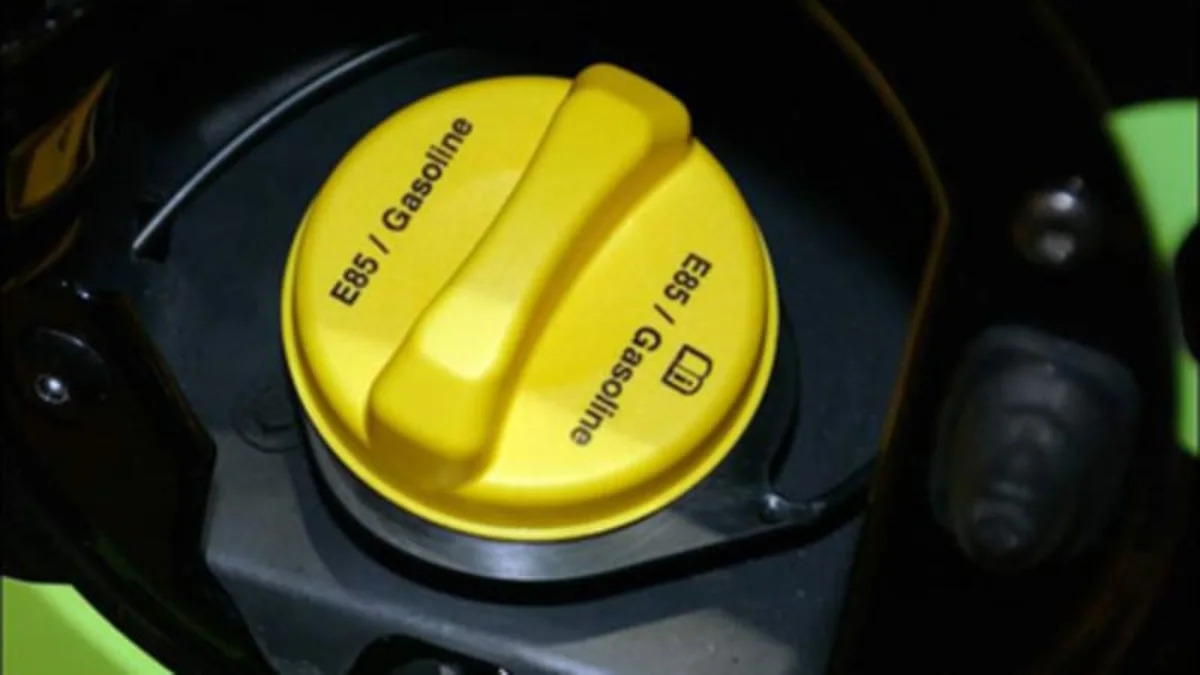AutoWeek reports that in an attempt to silence ethanol critics the Department of Energy (DOE) points to a study done by Argonne National Laboratory and officially stated that ethanol yields more energy than is used to produce it. More specifically, the study calculates that it takes 740,000 British thermal units (BTU) of fossil energy to make and deliver 1,000,000 BTUs of cornstarch ethanol.
Critics, however, remain steadfast in their stance. Tad Patzek, a professor of chemical engineering at the University of California at Berkeley, says, "Every argument they make is bogus," and that even if the administration's optimistic assumptions are granted, ethanol at best breaks even.
The DOE's response to those critics so far has been that they don't account for the improving efficiency of ethanol plants or other benefits and adds that the results from cellulosic ethanol will look even better.
It's important to note that the Argonne study is one of several major studies. Beth Lowery, vice president of environment and energy at GM, notes that 9 of the 12 studies she's aware of conclude that producing ethanol has a net positive energy balance. She says that the discrepancies among the studies come from researcher assumptions. Without offering explanation, she adds that the Argonne study is the most important.
Regardless of the DOE verdict on the net energy balance of ethanol, it doesn't appear we're going to come to a decisive conclusion to the debate as a society any time soon. Too many critics distrust the Bush administration-led DOE and EPA.
A 3-page pdf highlighting key points of the Argonne study compiled by the the DOE's Office of Energy Efficiency and Renewable Energy (EERE) can be found here.
[Source: AutoWeek]
Critics, however, remain steadfast in their stance. Tad Patzek, a professor of chemical engineering at the University of California at Berkeley, says, "Every argument they make is bogus," and that even if the administration's optimistic assumptions are granted, ethanol at best breaks even.
The DOE's response to those critics so far has been that they don't account for the improving efficiency of ethanol plants or other benefits and adds that the results from cellulosic ethanol will look even better.
It's important to note that the Argonne study is one of several major studies. Beth Lowery, vice president of environment and energy at GM, notes that 9 of the 12 studies she's aware of conclude that producing ethanol has a net positive energy balance. She says that the discrepancies among the studies come from researcher assumptions. Without offering explanation, she adds that the Argonne study is the most important.
Regardless of the DOE verdict on the net energy balance of ethanol, it doesn't appear we're going to come to a decisive conclusion to the debate as a society any time soon. Too many critics distrust the Bush administration-led DOE and EPA.
A 3-page pdf highlighting key points of the Argonne study compiled by the the DOE's Office of Energy Efficiency and Renewable Energy (EERE) can be found here.
[Source: AutoWeek]


Sign in to post
Please sign in to leave a comment.
Continue